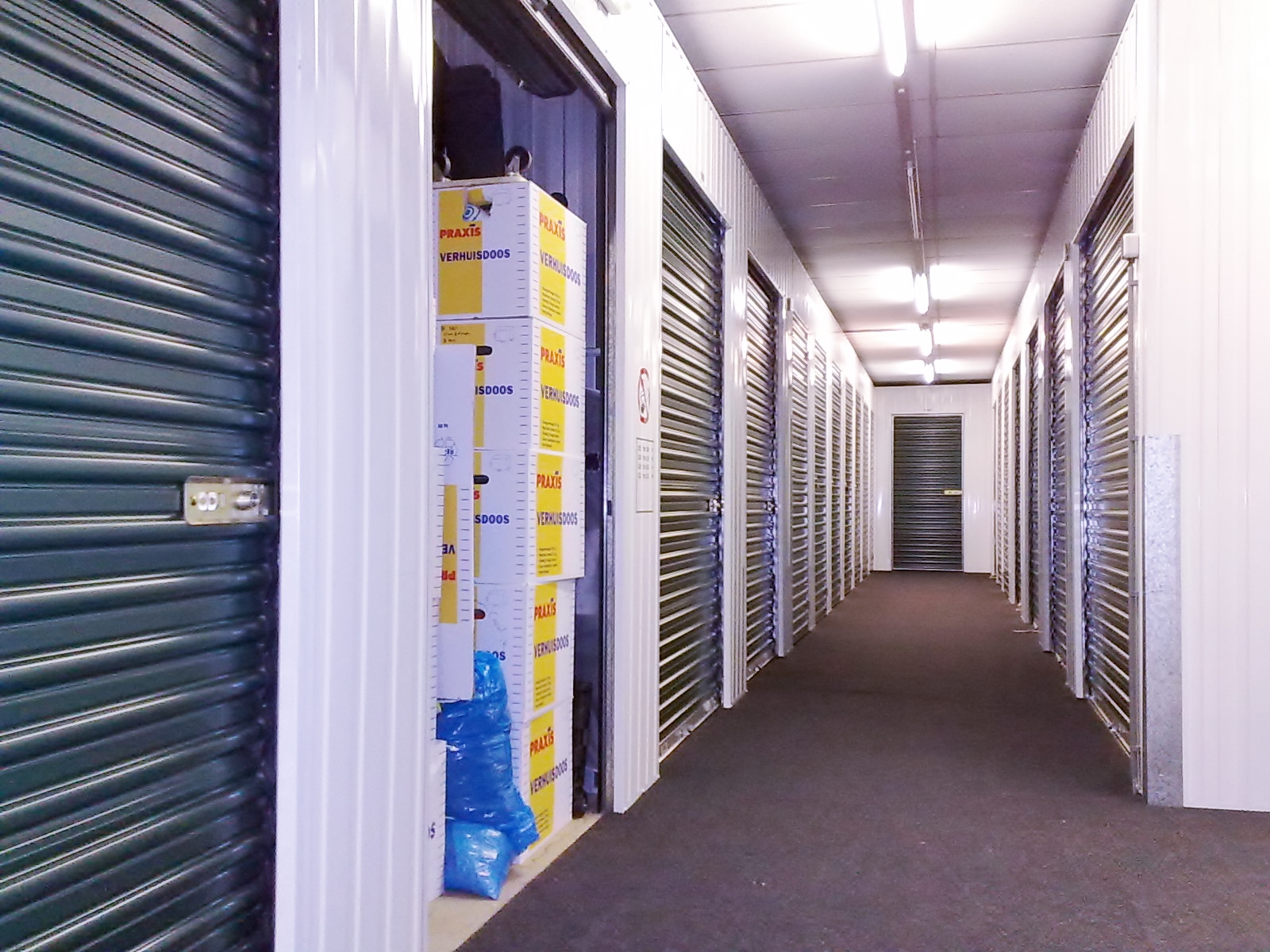 Self-storage facilities are so popular they have their own national association. According to the Self Storage Association (SSA), this industry generated $27.2 billion in annual U.S. revenues, in 2014 alone! SSA asserts that the self-storage industry has been the fastest-growing segment of the commercial real-estate industry over the last 40 years.
Self-storage facilities are so popular they have their own national association. According to the Self Storage Association (SSA), this industry generated $27.2 billion in annual U.S. revenues, in 2014 alone! SSA asserts that the self-storage industry has been the fastest-growing segment of the commercial real-estate industry over the last 40 years.
Texas, of course, has its own self-storage organization, the Texas Self Storage Association (TSSA). Some sources identify Houston and Austin as No. 1 and No. 2, respectively, in the “Top 10” U.S. cities for self-storage, with San Antonio not far behind.
With so many people – including military personnel – moving to Texas, it is likely that you or someone you know has items in self-storage. What does this mean? It means, if you or your friends use a self-storage facility and anything goes wrong, you and they are up against well-organized, powerful groups. You need to know your rights and be prepared, if necessary, with knowledgeable consumer representation to ensure you are treated fairly and in accordance with Texas law.
What can go wrong with self-storage?
Though not common, a self-storage facility may get it wrong and mistakenly open your storage unit and auction its contents. What happens then? How can you be made whole?
This scenario is an introduction to better understanding your rights as a consumer. So, let’s break down this example with some questions.
- Can the self-storage facility take my property? Look at your contract. If your rental contract states that the storage facility can put a lien on your stored property – typically because you are behind on your rent – then, “Yes,” the storage facility can seize your property. (Keep this in mind before you sign a contract).
- Can the self-storage facility sell my property? Again, depending on the wording in your contract, the self-storage facility may be able to sell your property – providing they give you notice of the sale.
So, here’s an obvious question…
- What happens if the self-storage facility doesn’t notify me that it’s going to auction/sell my property? Aha! This is where things get tricky. Relevant Texas law contains several important requirements before a self-storage facility can enforce a lien by selling your property. Requirements include:
- Language in a written contract which specifies seizure and sale by the self-storage facility as a remedy, with this language being either underlined or printed in CONSPICUOUS BOLD PRINT;
- Written notice of the claim to the “tenant” (meaning the person renting the storage unit);
- Failure by the “tenant” to satisfy the claim on or before the 14th day after the facility delivers its collection notice; and
- Publication or posting of notices advertising the sale of the property.
- I am active-duty military and move a lot. What about me? Texas respects contracts and also honors our nation’s military personnel. To ensure all parties are treated fairly, and with special understanding of the challenges faced by active-duty military personnel who have to move frequently, Texas law has specific language addressing self-service storage facility liens when the renter is in the military. Contact the Law Office of Robert B. Goss, P.C. today for details on Texas consumer law for military personnel.
- What if my property is sold for more than what I owe the facility? If the self-storage facility acted properly in selling your property, it is required to notify you in writing. You are entitled to the excess proceeds. However, YOU MUST make this request within two years of the date your property was sold. After that, the facility gets to keep the excess proceeds.
If you are experiencing any issues with your self-storage facility, particularly if you suspect the facility has not followed Texas law regarding your property, you may have rights under the Texas Deceptive Trade Practices Act (DTPA). DO NOT WAIT to take action. Even if your property was lawfully sold, you are entitled – providing you act timely – to any excess proceeds. Of course, if your property was not lawfully sold, you may have a DTPA claim. Under the DTPA, if the self-storage facility seized your property without following the correct legal procedures, you may be entitled to recover the value of your stored property as well as attorney fees and court costs.
Once your property has been sold, it’s gone. Don’t wait to pursue your rights if you suspect something is amiss with the management of your property located in a Texas self-storage facility. Seek counsel: an attorney can review your contract and your situation and determine what remedies are available to you.
If you have received a notice from your self-storage facility, DO NOT IGNORE IT. Waiting will not improve your situation. The good news is, by taking prompt, early action, you are in the best position to assert and defend your rights. Contact the Law Office of Robert B. Goss, P.C. today to a FREE consultation.
 Military Veterans' Lawyer Blog
Military Veterans' Lawyer Blog

